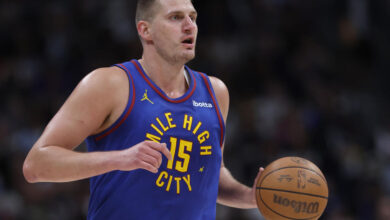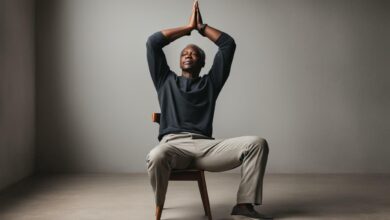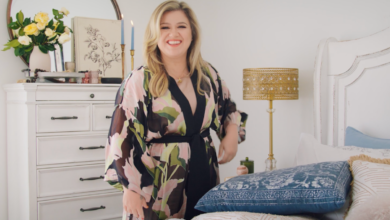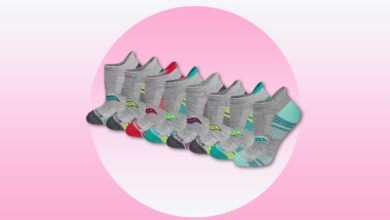Health News
11 seconds ago
The Ecupper Cotton Trousers are on sale at Amazon
We’re in that awkward time between spring and summer when it can be jacket weather one day, tank-top weather the next. Transitional fashion pieces can help you navigate the different temperatures and keep you feeling comfortable, and…
Health News
12 hours ago
The 24 best gifts for the mom who says she has everything
Mother’s Day is fast approaching, and that means it’s time to get your thinking caps on to find a great gift for all the moms in your life, before it’s too late. While it’s easy to default…
Health News
1 day ago
2024 NBA Playoffs second round schedule: How to watch tonight’s games, where to stream and more
The 2024 NBA Playoffs are in full swing! After an action-packed first round, the NBA Playoffs move on to the second round tonight with Game 1 for the No. 2 New York Knicks vs. No. 6 Indiana…
Health News
2 days ago
The 30 best Walmart deals to shop this weekend — save up to 80% on outdoor essentials, Mother’s Day gifts and more
Is May the greatest or what? What’s not to love about a month bookended with Mother’s Day, a chance to honor and express our love for the ladies who brought us into this world, and Memorial Day,…
Health News
2 days ago
Kelly Clarkson’s comfy-chic home line is up to 80% off at Wayfair’s Way Day sale — prices start at just $26
It really seems like Kelly Clarkson can do it all. She’s continued to conquer the pop culture world after her debut as the first winner of American Idol, releasing smash hit records for over two decades and…









